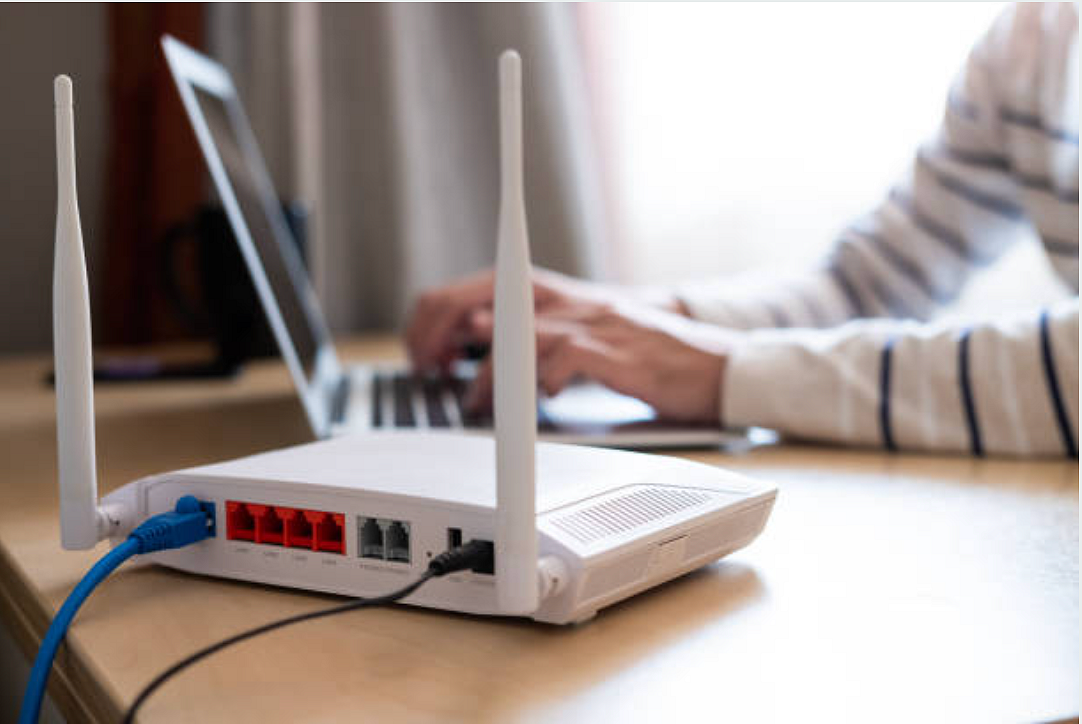
Red Sea Cable Delays Will 'Not Affect Internet Speeds In UAE, But Risks Remain'
Delays to new subsea cable projects in the Red Sea are not expected to cause an immediate impact for internet users in the UAE, according to industry experts who spoke to Khaleej Times.
The country benefits from diversified routes and strong domestic infrastructure, but specialists warn that recent cuts off the coast of Jeddah showed how quickly resilience gaps appear when major systems in the corridor are disrupted.
Recommended For You New Year's Eve in Dubai: Prices go up to Dh12,000 for front seat view of Burj KhalifaAccording to Bloomberg, multiple subsea internet cables through the Red Sea are yet to be completed due to political tensions and security threats. The 2Africa cable system, led by Meta, has a significant portion unfinished in the Red Sea due to "operational factors, regulatory concerns, and geopolitical risk".
Stay up to date with the latest news. Follow KT on Whatsapp Channels
Postponing high-capacity cables removes the future headroom meant to absorb such shocks, leaving the wider region exposed if incidents continue.
A fragile bottleneckThe Red Sea has experienced repeated disruptions over the past two years, and experts say these delays add pressure to an already fragile route. Tony O'Sullivan, CEO of RETN, said the corridor remains one of the most vulnerable points in global connectivity.
“The Red Sea has become one of the most fragile bottlenecks in global connectivity. In February 2024, Red Sea cuts disrupted as much as 70 percent of Europe–Asia data flow, which was far beyond the initial estimates,” he said.“Now, less than two years later, we're seeing the same vulnerabilities play out again.”
O'Sullivan said the UAE managed recent incidents better than neighbouring markets due to diverse subsea and terrestrial routes, but added that the region still lacks enough high-bandwidth alternatives.“Delays and disruptions in the Red Sea absolutely have a realistic impact on regional resilience, and the UAE feels that very quickly,” he noted.
Why UAE's connection struggled“We saw this only a few months ago when four systems were cut off the coast of Jeddah. Traffic in the UAE immediately struggled because the remaining terrestrial routes simply don't carry enough capacity to absorb that kind of shock, so operators were forced to send traffic the long way around the world.”
According to him, the delay of new cable systems removes capacity that was meant to stabilise the corridor.“When major new cables are delayed, you effectively remove the future headroom that was meant to absorb exactly these kinds of failures,” he said.
“Every time there's a cut, the resilience gap becomes obvious. Without timely deployment of new systems, the UAE and wider region remain exposed to repeated disruptions and extended repair cycles.”
O'Sullivan added that operators must shift how they plan for resilience.“The priority has to be genuine capacity redundancy, not just having another path on paper, but having enough bandwidth on multiple independent routes to carry traffic for months if repairs are delayed,” he said.
He noted that repairs now take far longer than before, which changes how companies must prepare.“Today we're talking six, nine months or more in some cases, so the whole resilience model has changed.”
Beyond traditional telecom routes, experts in digital infrastructure say delays in subsea systems also influence financial networks. Vincent Chok, Founder and CEO of First Digital Trust, said vulnerabilities in the Red Sea can affect more than consumer internet speeds.
“The delays to Red Sea subsea cable projects highlight a crucial challenge for digital financial infrastructure. Even the most advanced systems are only as resilient as their weakest physical links,” he said.
Chok said connectivity slowdowns ripple through financial services that depend on real-time data.“Slower connectivity doesn't just affect consumer internet speeds. It creates latency in payment processing, trading execution and cross-border settlement systems that modern finance depends on,” he said.
He added that resilience should be approached as a strategic priority for global markets. He also noted that the UAE has built a strong foundation to manage these risks.“The UAE's approach sets a strong example for the region. Rather than relying on single routes, the Emirates have invested in diversified connectivity infrastructure and created regulatory frameworks that attract financial innovation across both traditional and digital channels,” he said.
As new cables face delays and the Red Sea corridor continues to experience disruptions, experts say ongoing investment in diverse routes will remain essential. While the UAE is unlikely to see an immediate impact, the region's long-term resilience depends on adding new capacity and reducing dependence on a single choke point.

Legal Disclaimer:
MENAFN provides the
information “as is” without warranty of any kind. We do not accept
any responsibility or liability for the accuracy, content, images,
videos, licenses, completeness, legality, or reliability of the information
contained in this article. If you have any complaints or copyright
issues related to this article, kindly contact the provider above.


















Comments
No comment